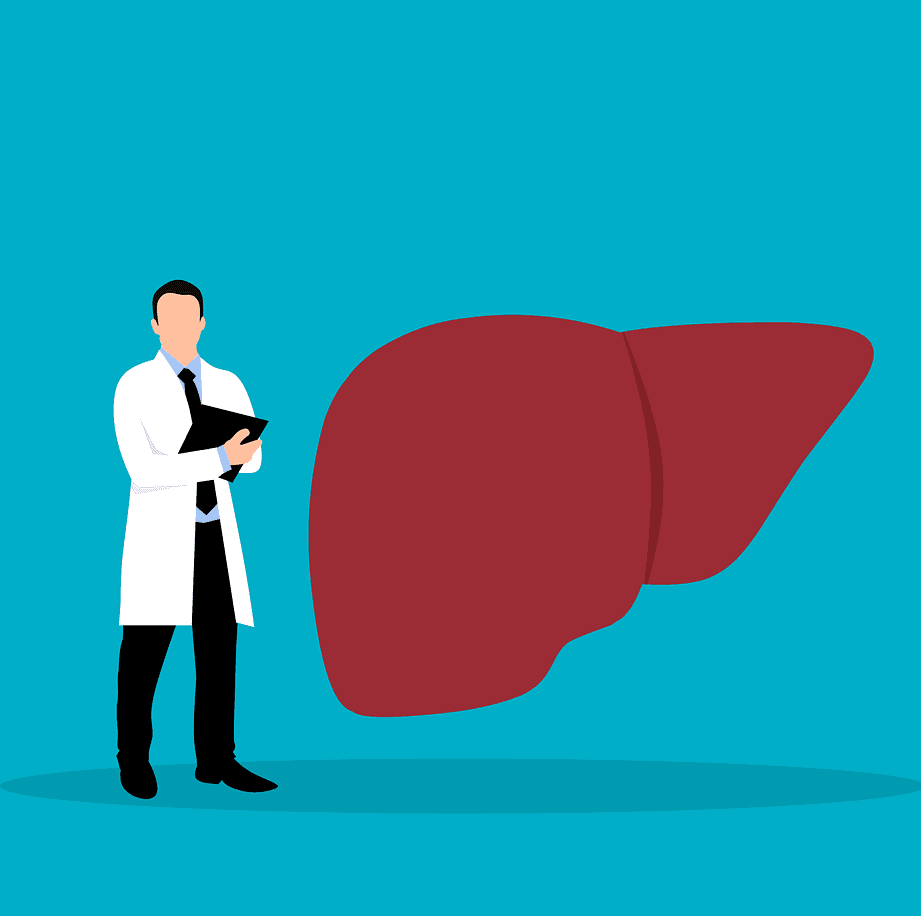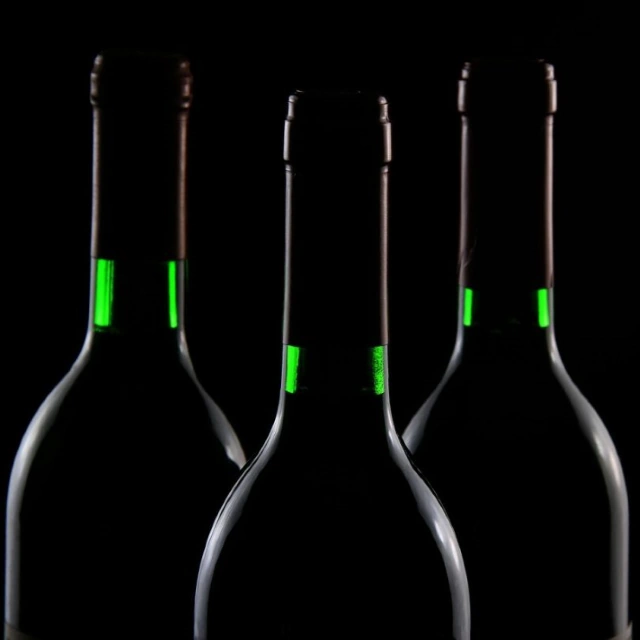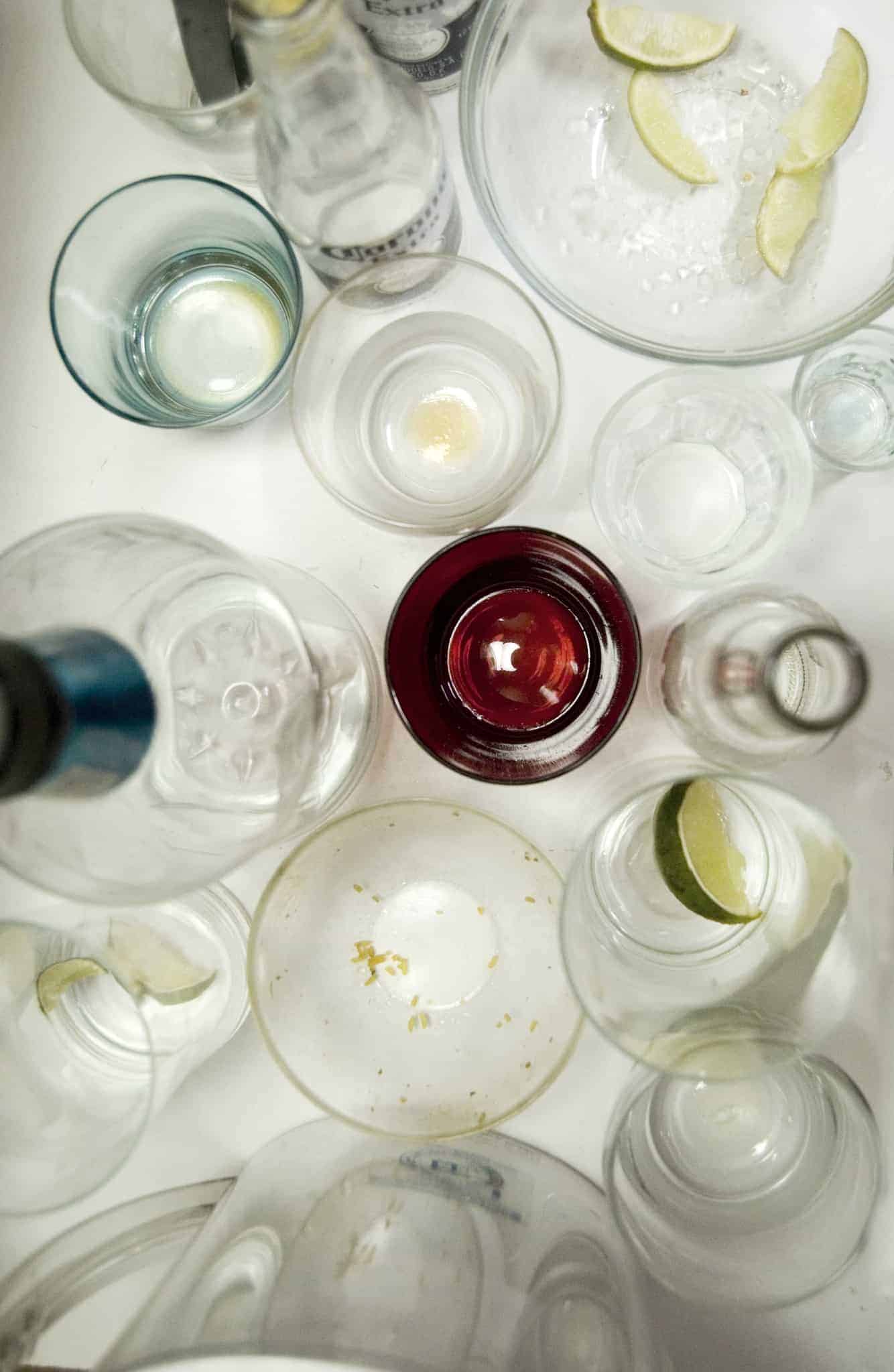What are the signs of liver damage from alcohol?

The liver is one of the most complex organs in the human body, with over 500 functions. These include filtering out blood toxins, storing energy, making hormones and proteins, and regulating cholesterol and blood sugar. What are the signs of liver damage from alcohol?
Signs of liver damage
Liver damage can affect the whole body. Once damage begins, it can take a long time to become noticeable, as the liver is generally highly effective at regenerating and repairing itself. Often, by the time the damage is found, it is irreversible.
There are a number of signs of liver damage, as summarised below. These are often signs of a heavy drinker as well as of liver damage as explained when relevant:
- feeling sick. Obviously there are many reasons why you might feel sick and if this is your only symptom, then you may not have liver damage. You could feel sick from mixing alcoholic beverages, for example, or from dehydration or stress or anxiety. However, feeling sick is one of the symptoms of liver damage, and should be taken seriously, especially if in conjunction with other symptoms as listed below.
- weight loss. This can also be from poor diet. Someone who drinks too much tends to prioritise drinking over eating.
- loss of appetite. Drinkers frequently obtain the majority of their calories from alcohol. This together with stress and anxiety, depresses the appetite for food.
- yellowing of the eyes and skin (jaundice)
- swelling in the legs and ankles (oedema) and tummy (ascites).
- confusion or drowsiness.
- vomiting blood or passing blood in your stools. See below re dark stools
- Abdominal pain. Pain would normally be on the right side of your abdomen. It can also be just under the lower right ribs or in the front centre of the belly. It can be a dull throbbing sensation or stabbing and may come and go. The pain may take your breath away. Sometimes people feel radiating liver pain in their back or right shoulder blade.
Other common signs
- Abdominal swelling. You may not be aware or able to detect an enlarged liver. However, if your stomach sticks out more than usual this can be due to an accumulation of fluid caused by liver damage
- Itchy skin. This is often worse in the late evening and during the night. Some people may itch in one area, such as on a limb or on the soles of their feet or palms of their hands. Others experience an all-over itch.
- Dark urine. Although this is commonly due to dehydration it may be an indicator of excess, unusual or even dangerous waste products circulating in the body. Dark brown urine, for example, may indicate bile in the urine due to liver disease.
- Pale stool or unusually dark stool. Pale stools indicate liver problems or problems with the biliary drainage system. Black tarry stools need urgent attention as they indicate blood passing through the gastrointestinal tract, an indication of advanced liver disease and internal bleeding.
- Chronic fatigue. This can be a symptom of fatty liver.
- Dry mouth and increased thirst
- Skin colour abnormally dark or light
- Tremors and shaking
Symptoms of advanced liver disease
Advanced liver disease can be characterised by any of the above plus:
- a high temperature (fever) and shivering attacks
- hair loss
- unusually curved fingertips and nails (clubbed fingers)
- blotchy red palms
- significant weight loss
- weakness and muscle wasting
- confusion and memory problems, trouble sleeping (insomnia) and changes in personality caused by a build-up of toxins in the brain
- a tendency to bleed and bruise more easily, such as frequent nosebleeds and bleeding gums
- increased sensitivity to alcohol and drugs because the liver cannot process them
Read more about alcohol addiction



